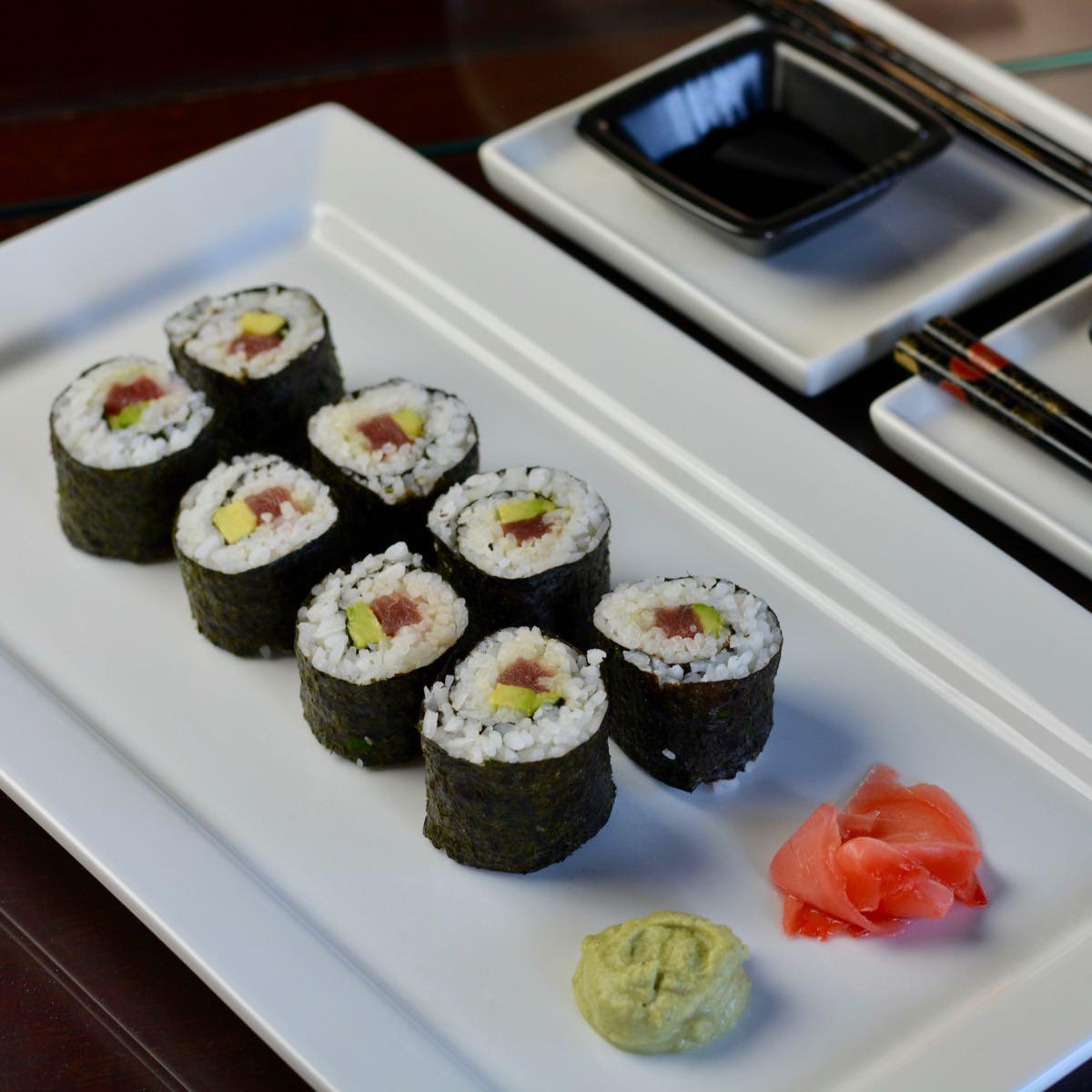What is
Sushi?
Sushi is a traditional Japanese dish that consists of vinegared rice combined with various ingredients, including seafood, vegetables, and occasionally tropical fruits. It can be served in various forms such as rolls (makizushi), hand-formed balls (nigiri), or as pressed sushi (oshizushi).
Origins & History
Sushi has its origins in Southeast Asia, where fish was preserved in fermented rice. The dish evolved over centuries and became popular in Japan during the Edo period (17th to 19th centuries). Modern sushi emerged in Tokyo, where it transformed into a quick and convenient meal sold at street stalls.
Taste & Texture
Sushi offers a delicate balance of flavors; the vinegared rice provides a slight tang that complements the fresh and often umami-rich flavors of the fish or vegetables used. The taste can vary widely based on the ingredients and preparation methods employed.
Ingredients
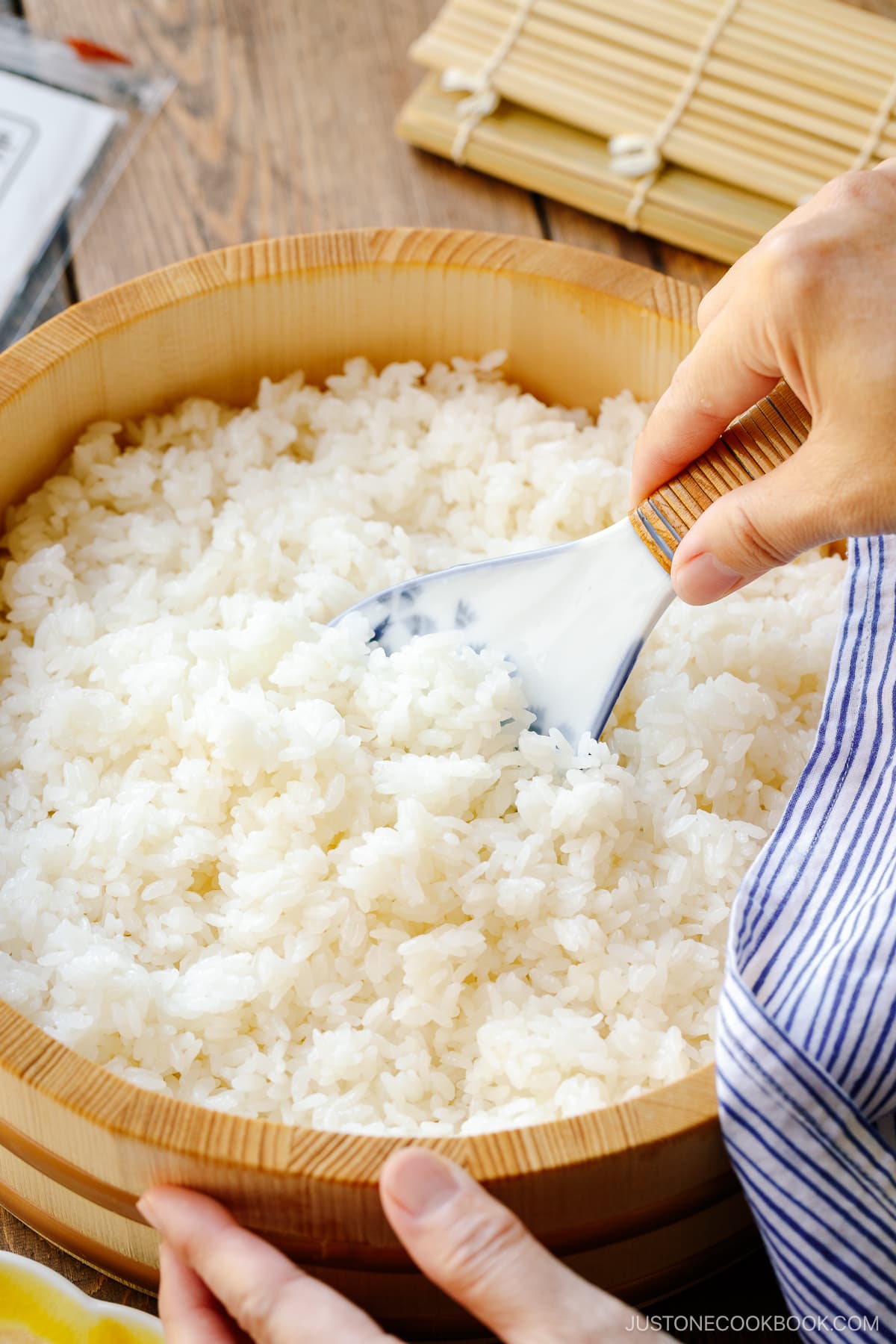
Sushi Rice
Short-grain rice seasoned with a mixture of vinegar, sugar, and salt, giving it a distinct flavor and sticky texture essential for holding the sushi together.
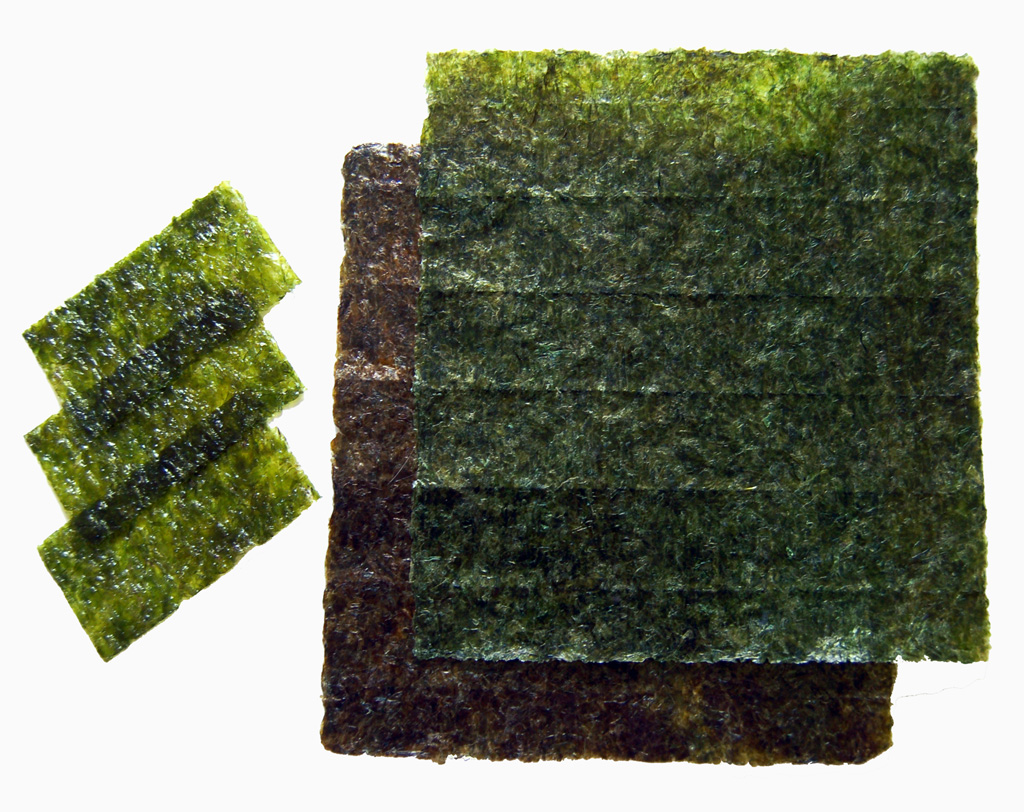
Nori
Dried seaweed sheets used to wrap sushi rolls, adding a subtle oceanic flavor and providing structure.
Raw Fish (Sashimi grade)
Freshly cut fish such as tuna, salmon, or eel, which are commonly used as toppings or fillings, providing rich protein and luxurious flavors.

Vegetables
Commonly used vegetables include cucumber, avocado, and radish, which add freshness, crunch, and color to sushi.
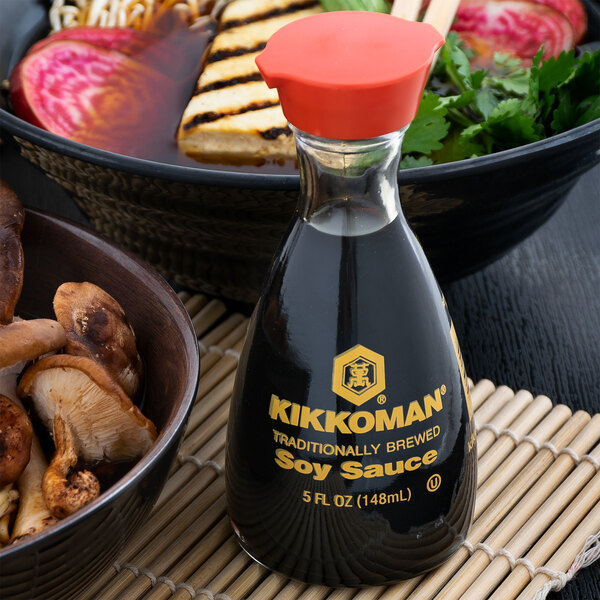
Soy Sauce
A savory and salty sauce served as a dip for sushi, enhancing the flavors of the dish.
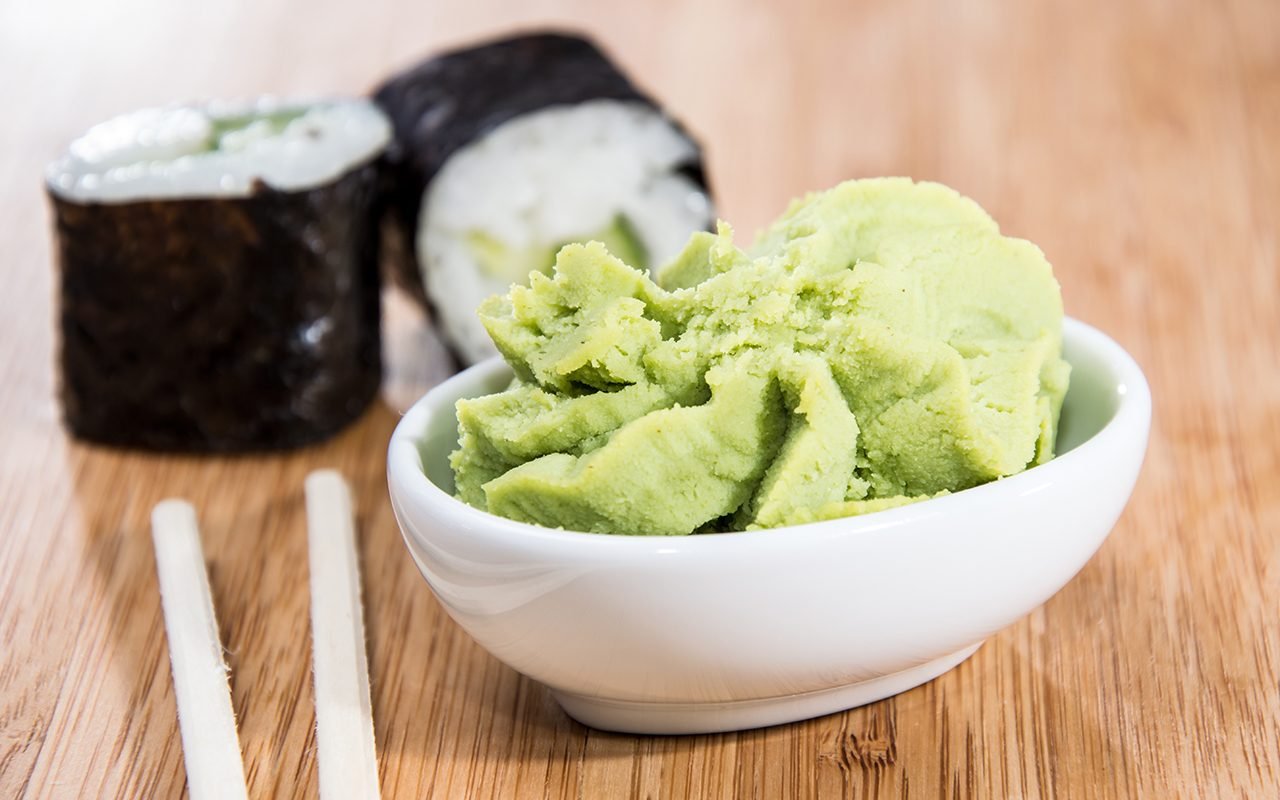
Wasabi
A pungent green paste made from Japanese horseradish, often served with sushi to add heat and flavor.
Pickled Ginger
A sweet and tangy condiment served alongside sushi, it is meant to cleanse the palate between different types of sushi.
This item may contain the following allergens:
Fish
Shellfish

Images may not reflect the actual item.



